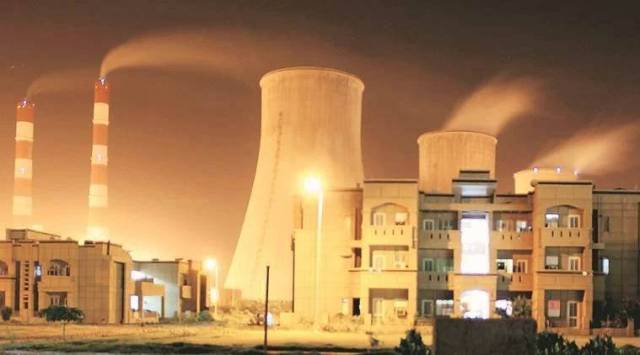CEA notice to not retire thermal units hinders renewable energy goal: experts
In its January 20 notice, CEA said that “the country is witnessing huge energy demand post-pandemic which is projected to surge to an all-time high in coming summer of 2023 and beyond’’.
 Sunil Dahiya, Analyst, Centre for Research on Energy and Clean Air said that the advice by CEA is “divergent from its own assessments and numbers’’.
Sunil Dahiya, Analyst, Centre for Research on Energy and Clean Air said that the advice by CEA is “divergent from its own assessments and numbers’’.
Despite India’s thrust on renewable energies, a recent notice issued by the Central Electricity Authority (CEA) of India to power utilities to not retire any thermal units until 2030 has alarmed experts who say that the move will have a retrograde effect on India’s energy transition endeavours.
In its January 20 notice, CEA said that “the country is witnessing huge energy demand post-pandemic which is projected to surge to an all-time high in coming summer of 2023 and beyond’’.
“Therefore the role of thermal fleets, including old thermal units becomes crucial in order to support renewable integration,’’ it said, adding that the Power Minister in a meeting held on December 6 “advised not to retire any thermal units considering the expected demand scenario and availability of capacity in future’’.
The CEA has further said that about l5-16GW of new thermal capacity is expected by December 2023. “Therefore, it is advised to all power utilities not to retire any thermal units till 2030 and ensure the availability of units after carrying out R&M (renovation and maintenance) activities if required,’’ it said.
“India’s coal fleet has been running at less than 60% plant load factors (PLF) from April to December in FY2023 thus far, despite increased demand post-pandemic. India has already failed to meet its 175GW renewable energy goal by 2022, and if this continues, the country will also miss the 450GW goal by 2030,’’ said Ashish Fernandes, CEO, Climate Risk Horizons.
Vibhuti Garg, Director, South Asia, Institute for Energy Economics and Financial Analysis, said, “Coal plants in India are already running at low plant load factors (PLFs) and further extending the life of such plants will only lead to lower PLFs of new and more efficient coal fleets. Discoms will not sign PPAs with new renewable energy plants as they will continue to meet their demand from such inefficient coal plants.’’
Sunil Dahiya, Analyst, Centre for Research on Energy and Clean Air said that the advice by CEA is “divergent from its own assessments and numbers’’.
“It is okay if old power stations are allowed to operate for few more years but two things must be ensured. All old power stations should adhere to emission standards. No new power station should be allowed as the future growth in demand can be fulfilled by increasing the power load factor of existing stations and integration of renewable energy as planned for 2030,’’ he said.







